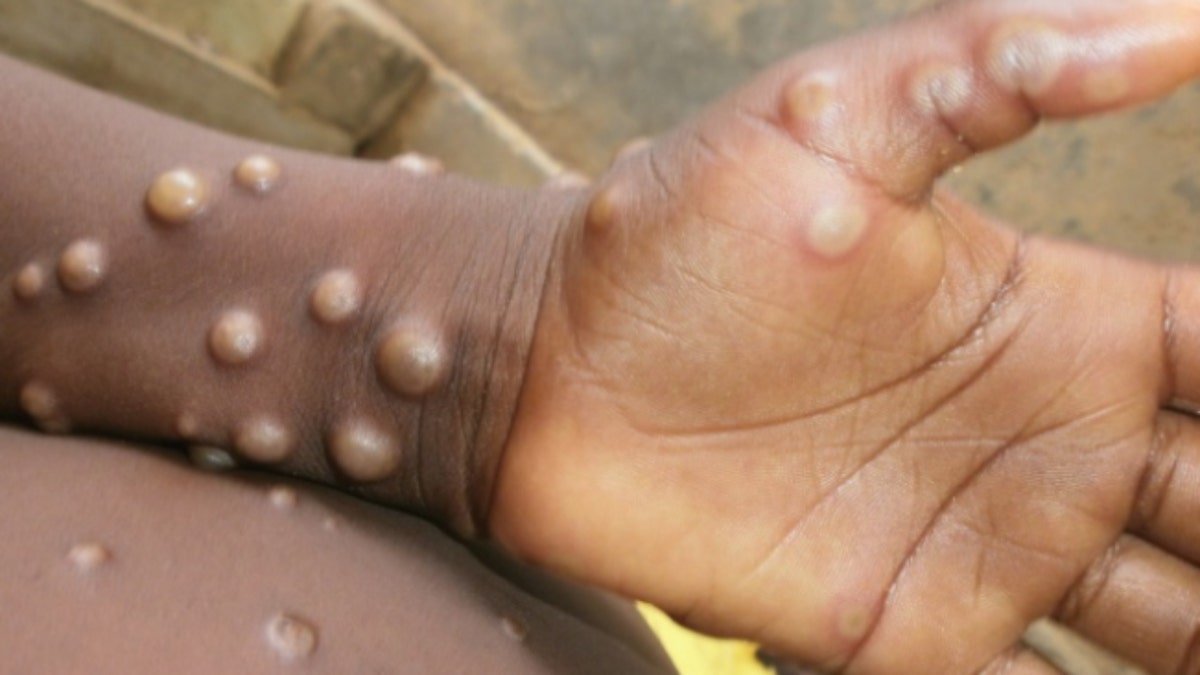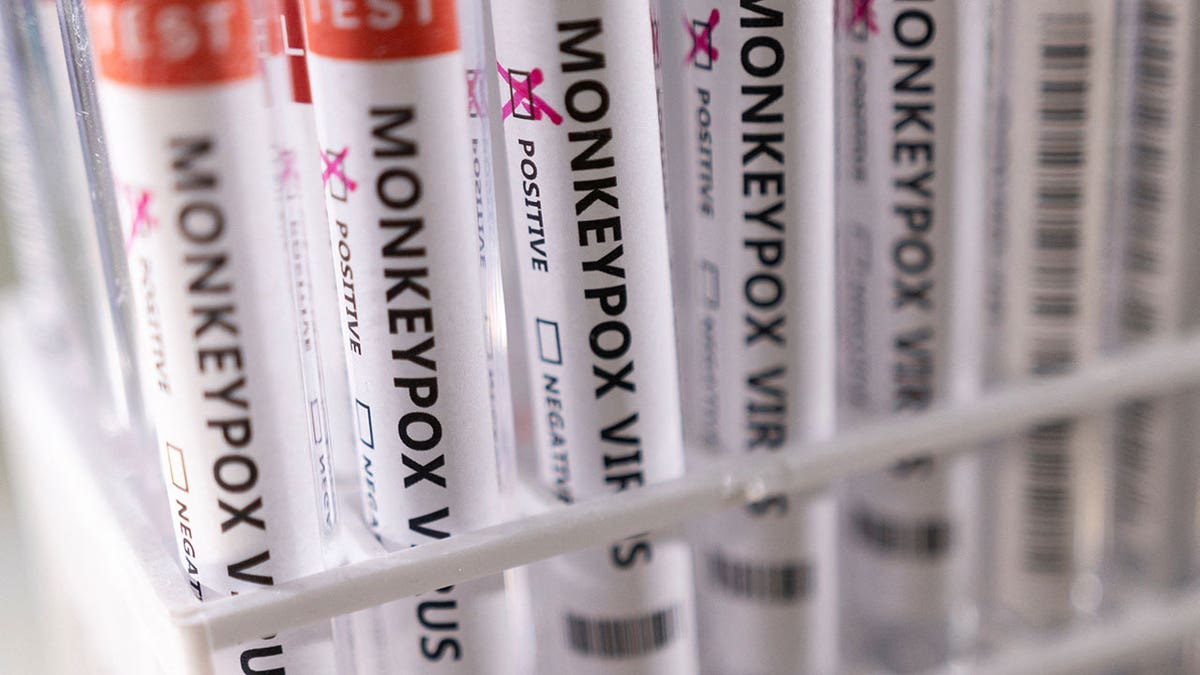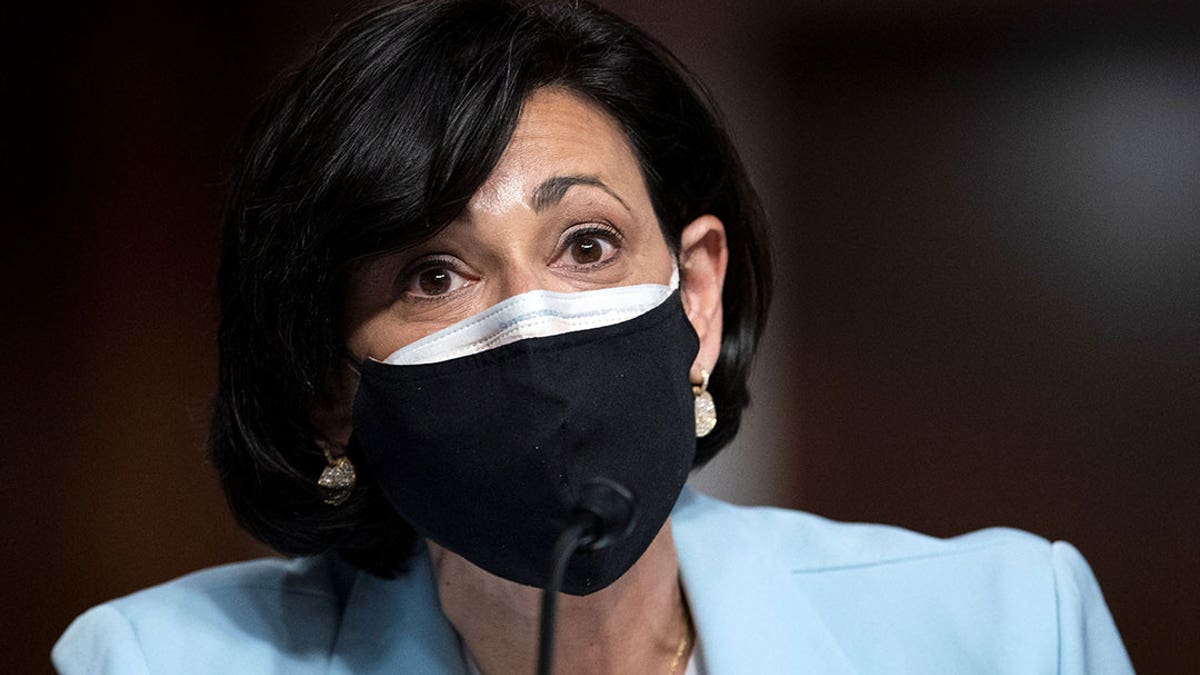Monkeypox not going to ‘suddenly take off’: Dr. Siegel
Fox News medical contributor Dr. Marc Siegel weighs in on the ‘hysteria’ surrounding monkeypox cases but argues this virus is very hard to catch.
The CDC raised its alert level for monkeypox to level 2 on Monday, recommending that travelers wear masks, among other health measures.
While not on the level of COVID-19, monkeypox has spread across the globe out of Africa since March. Monkeypox symptoms begin as relatively flu-like but soon expand to the swelling of lymph nodes and a rash across the body and face. Ultimately, painful lesions form on rash areas, leaving severe scarring.
"Cases of monkeypox have been reported in Europe, North America, South America, Africa, Asia, and Australia," the CDC wrote in its alert.
"Some cases were reported among men who have sex with men. Some cases were also reported in people who live in the same household as an infected person," it added.
MONKEYPOX CONTINUES TO PUZZLE SCIENTISTS AS IT SPREADS TO MORE COUNTRIES

Monkeypox on a child in Nigeria (Credits: Nigeria Centre for Disease Control via WHO)
As of June 3, there have been 21 recorded monkeypox cases in the U.S. connected to the current outbreak, according to the CDC.

Test tubes labeled 'Monkeypox Virus Positive' are seen in this illustration taken on May 22, 2022. (REUTERS/Dado Ruvic/Illustration)
The disease may have gone undetected in Western countries under the guise of an STI, according to Dr. Amesh Adalja. There are a number of STIs that have similar symptoms to monkeypox.
CLICK HERE TO GET THE FOX NEWS APP
"What's likely happened is an endemic infectious disease from Africa found its way into a social and sexual network and then was greatly aided by major amplification events, like raves in Belgium, to disseminate around the world," Adalja told NBC News.

Dr. Rochelle Walensky, director of Centers for Disease Control and Prevention gives an opening statement during a Senate Health, Education, Labor, and Pensions Committee hearing to examine the federal response to the coronavirus disease (COVID-19) and new emerging variants at Capitol Hill in Washington, D.C., U.S. January 11, 2022. (Greg Nash/Pool via REUTERS)
